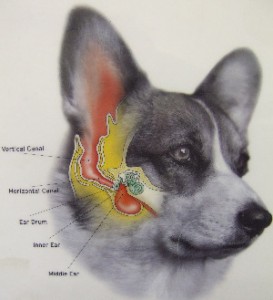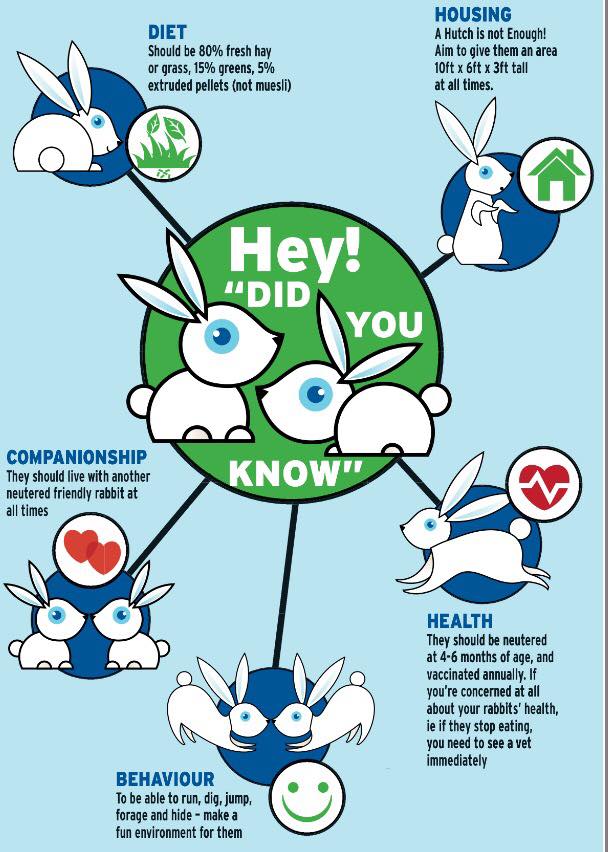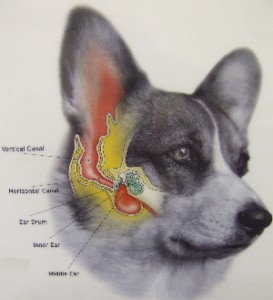Should I have my pet neutered?
Should I have my pet neutered? With the number of pets owners dramatically increasing over the last 12 months, it will soon be (if not already!) time to think about neutering your pet. Everyone knows that neutering your pet will stop unwanted pregnancies but do you know the other benefits? Our Summer News discusses the benefits of neutering for both male and female pets.

Ear disease,
in many instances of ear problems, bacterial and fungal infections can obscure diagnosis of the underlying cause, and complicate treatment. Our Summer News discusses the signs of ear disease to watch out for in your feline friend and canine companion. As with most conditions, early diagnosis and treatment is the key to success, if left untreated ear disease can become very painful and difficult to treat.

Rabbits: Don’t get caught on the hop!
Just like other pets, your rabbit will benefit from regular check ups and vaccinations to keep them fit and well. Our Summer Blog discusses the diseases we recommend vaccinating your bunny against and the deadly new strain of virus VHD -2.

We hope you enjoy reading our Summer News blog, if you have a query on any of the articles mentioned please do not hesitate to get in contact with our team for more advice.
We are passionate about pets, and have been providing a caring service to our clients and their pets for over 50 years, across our four West London surgeries. We believe in preventative healthcare, and have a Pet Healthcare Club to help you spread the cost of your pets essentials across affordable monthly payments on a date that suits you.










